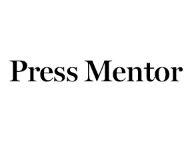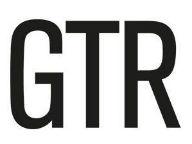Faculty News
—
Professor Scott Galloway shares his outlook on Amazon's growth
—

Excerpt from CNBC -- "Amazon, right now, I would argue, is the most dominant company in the world and maybe the most dominant company, at this point, that we've ever seen. If you look at the Venn overlap of who they're competing against -- Apple, Facebook, Microsoft -- they're winning wherever they're competing against any of the big tech titans. So this company feels like it has more momentum than any other company I register."
Faculty News
—

Excerpt from CNBC -- "Amazon, right now, I would argue, is the most dominant company in the world and maybe the most dominant company, at this point, that we've ever seen. If you look at the Venn overlap of who they're competing against -- Apple, Facebook, Microsoft -- they're winning wherever they're competing against any of the big tech titans. So this company feels like it has more momentum than any other company I register."





















